During the run-up to the European Parliament Elections, Prof. Mario Thomas Vassallo grilled two MEP candidates on AGORA, a political talk show broadcast on Campus 103.7. Against the backdrop of numerous elections around the globe, a lack of youth representation, and the rise of the far right, the discussion got us thinking.
2024 is a landmark year for elections. At least 64 countries, representing around 49% of the global population, will head or have headed to the polls. Collectively, their choices will determine the political direction of the globe. Closer to home, between 6–9 June, Malta cast its ballots for the European Union Parliament.
On 4 May, during the run-up to the European Elections, Prof. Mario Thomas Vassallo hosted Claudette Abela Baldacchino and Miriana Testaferrata de Noto, Labour Party and Nationalist Party MEP candidates respectively, on AGORA. While Mario challenged both candidates, asking them about the lack of youth during their political events, the Russian-Ukrainian Conflict, and the rise of the far right, these questions (and, sometimes, their responses) got me thinking. THINK reached out to Vassallo to examine these points further and the implications they might have, not only for Malta’s democracy but around the world.
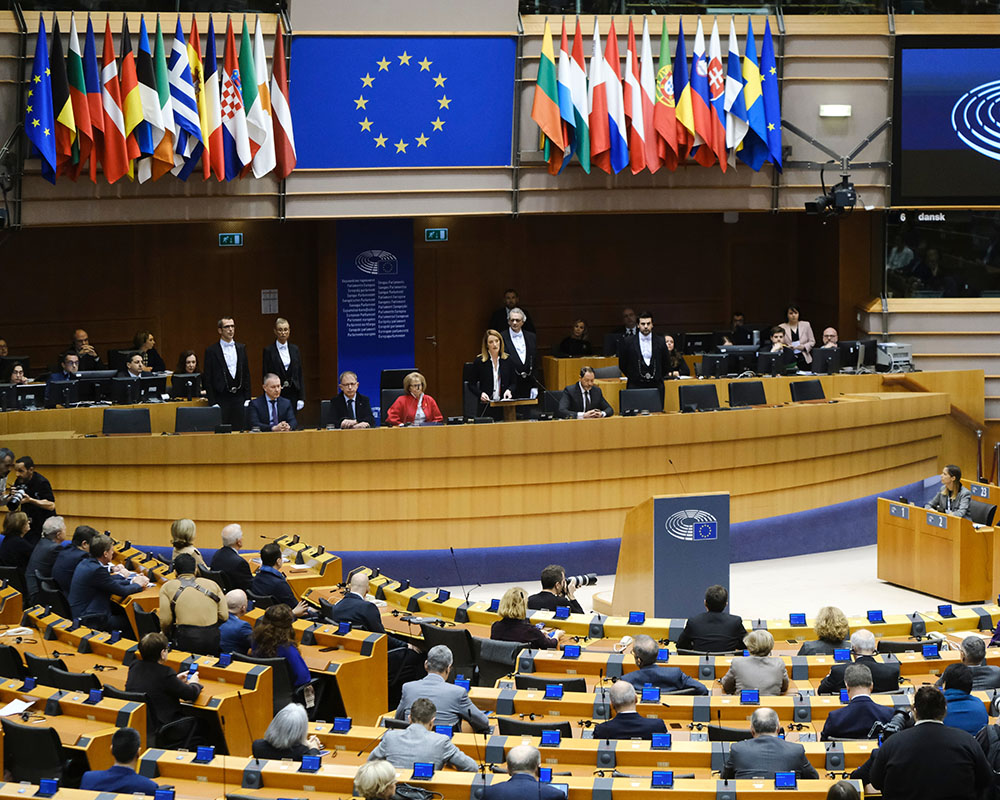
A Lack of Youth
A glance at footage from local campaign rallies in the build-up to EU elections shows a distinct lack of young people, even though by virtue of their age, younger generations will live the longest with the consequences of legislation passed today. Young peoples’ disillusionment with politics is not merely a local phenomenon; globally, voter turnout among 18–25 year olds continues to be lower than other age groups. During our interview, Vassallo notes, ‘When Systems of Knowledge classes speak of democracy, they discuss the origins of democracy; however, they do not discuss contemporary democratic issues. Discussing this in class is still taboo, not just by students but by the lecturers too.’ This is concerning when considering that Malta was one of the first to grant the right to vote at the age of 16 and be elected a mayor at 16 or 17.
In 2018, the local government lowered the voting age to 16 years for both national and EU Parliament elections. However, this has done little to tackle political lethargy among young adults. ‘During one political debate at University, a hall which can seat around 400 people was filled with a mere 50 students,’ points out Vassallo. While Labour has given the vote to 16-year-olds, social policy and political education are non-existent. ‘Both big parties offer political courses to those contesting local elections. However, there is so much to learn about economics and risk assessment, amongst other things, that a six-session course is hardly enough.’
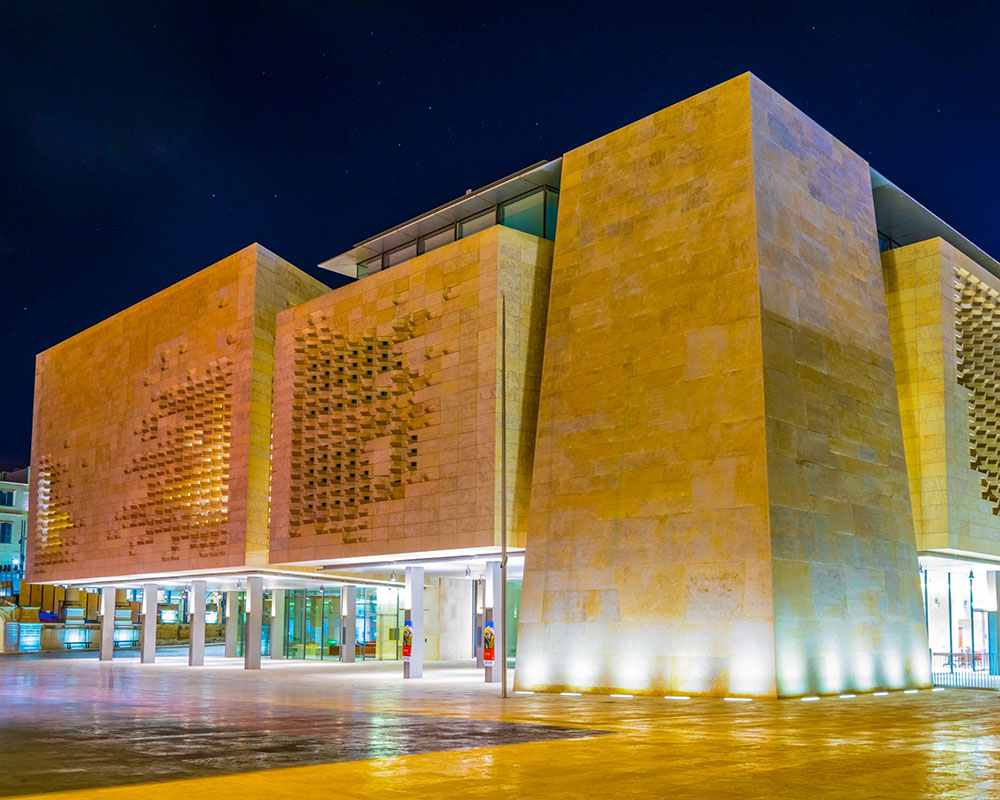
When young people lose trust in the democratic process, alarm bells should start ringing. When the future nation does not trust its current political representatives, it means these representatives have failed. 52% of youth in Malta have not been involved in political organisations, the lowest number in all of Europe. Around the world, less than 6% of parliamentarians are under 35 years old. But what is so wrong with democracy, locally and globally, that it pushes young people away?
A Lack of Separation of Power
Once upon a time, in 17th-century France, a few hundred years before kings began losing their heads, King Louis XIV proclaimed, ‘I am the State.’ The king was the absolute leader; everything flowed through him. Eventually, the people got fed up with this nonsense and the massive inequality it brought, and they revolted. The French Revolution helped pave the way for democracy as we know it today.
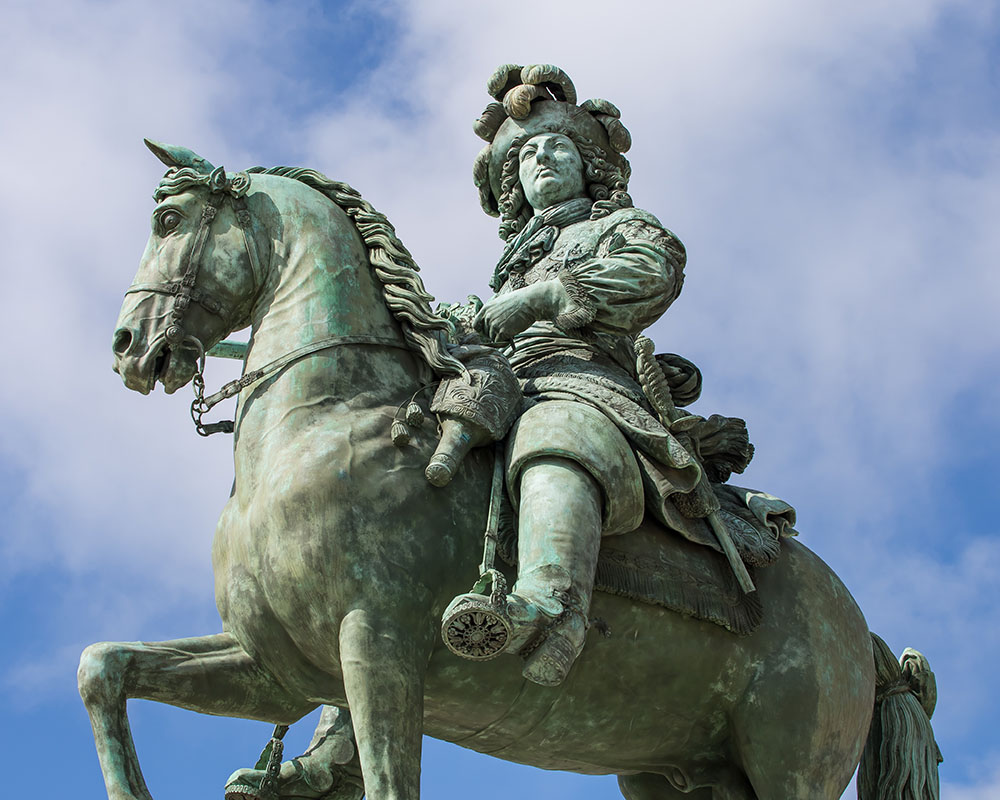
In a modern democracy, the leader is not the state, nor is the government or the leading political party. This lesson serves us well to remember: ‘The separation of power is important as power corrupts and absolute power corrupts absolutely,’ explains Vassallo. ‘Without a system of checks and balances, without watchdogs who can bite and investigate, independent media, and autonomous regulatory institutions, the law of the jungle will come into effect. And those who have power will rule over those with less.’
Without a separation of power, any criticism of the government becomes an attack on the country; critics of the government become targeted as traitors, inciting hatred and, in some cases, violence. Without a separation of power, state resources (tax refunds, billboards, adverts) are exploited to further private gains rather than the public interest, leading to cronyism, nepotism, and corruption. Without a separation of power, you veer away from democracy into the territory of dictatorships and oligarchies. It should come as no surprise, then, that young people have no desire to step foot in such a dangerous cesspool. Unfortunately, there are other equally grave concerns with democracy.
The Rise of the Far Right
In August, the UK riots were the latest manifestation of far right sentiment. The European Parliament Elections have seen the far right make worrying gains. This is concerning as far right politics tend to advocate centralised and authoritarian forms of control. It invokes nationalism by vilifying minority groups, creating an us-vs-them mentality. The far right leans towards isolationist policies which endanger global cooperation, not to mention its fascist and Nazi roots. But why has the far right grown?
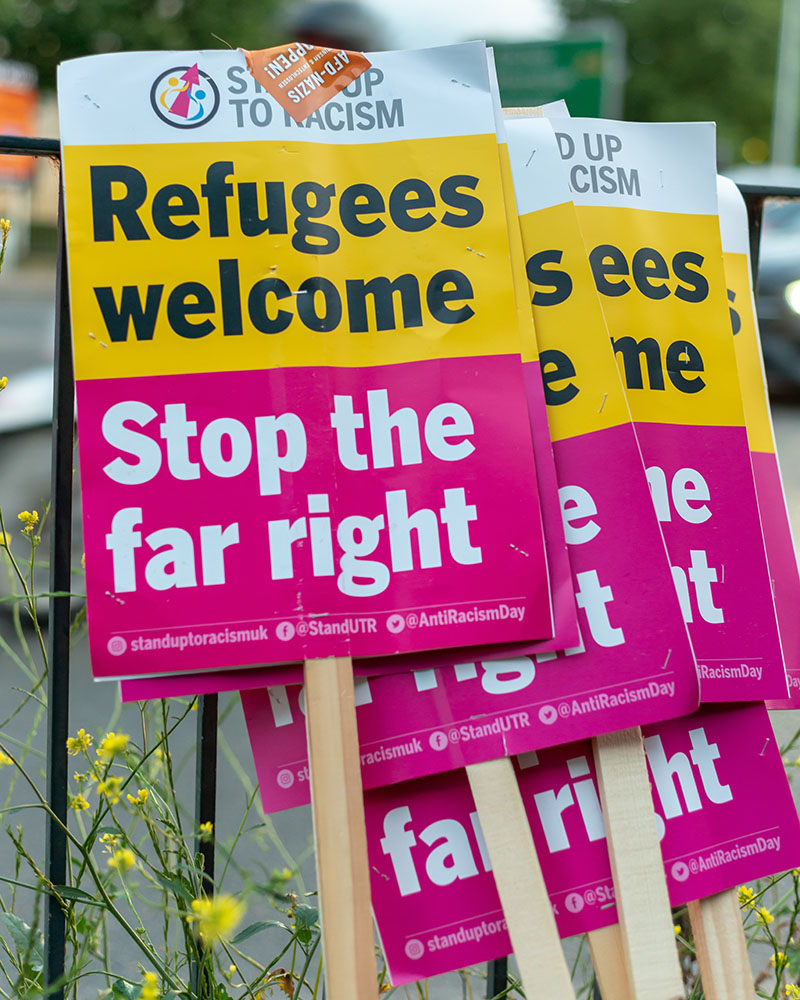
‘Globalisation did not make the world a village, nor did it bring the village to the world,’ explains Vassallo. ‘It did not serve the common good, and many inequalities remain unaddressed. Absolute poverty was, to some degree, addressed; however, relative poverty, the wealth gap between rich and poor, increased and widened. The trickle-down economy has been proven wrong by the World Bank and the United Nations, because it is not true that economic activity leads to more money in everyone’s pockets.’ Vassallo refers to the Pareto principle that 20% of the population holds 80% of the world’s wealth – the few control the many. To be more specific, Oxfam highlighted how 1% of the world’s population owns more than half the world’s wealth. Incidentally, this is also the case locally. Despite income inequality steadily decreasing across Europe to 29.6%, Malta’s income inequality has steadily increased since 2019. It currently sits at 33%.
But what does this have to do with the far right? In the face of such relative poverty, people look to pin the blame. Goaded on by opportunistic politicians, the blame often falls on a boogeyman: globalisation, immigrants, or the Jewish community. People are pushed away from globalisation, inching closer to anti-globalist, anti-multicultural sentiment, and ultimately, towards the far right. ‘The far right tends to idolise certain values, such as religion, race, and traditions, and so there is this push towards extremism,’ says Vassallo. Besides the UK Riots, far right extremism is responsible for the US Capitol Riots, the attack in Christchurch, New Zealand, and The Halle, Germany, as well as numerous others.

International politics is also local politics. What happens on the international stage will affect everyone in some measure or other. Russia’s invasion of Ukraine has affected the price of multiple goods; migration policies on the European Block will impact everyone; and with Trump’s reelection, the future of global politics is uncertain.
Easy and simple answers to complex problems do not exist. We should endeavour to stay informed through multiple reputable sources and to engage in civil discourse. Tune in to non-partisan radio talk shows, such as AGORA, which inspired the article you just read. If you are really interested, consider signing up for a few classes, such as the B.A. in Politics and Governance. Regardless of your political leanings, look at the facts and make up your own mind.
AGORA is a political talk show broadcast on Campus 103.7 every Saturday morning between October and June, during which it discusses current affairs with local experts to engage with public opinion in a rational and well-informed manner. AGORA is also available on demand online. The programme is hosted in Maltese.

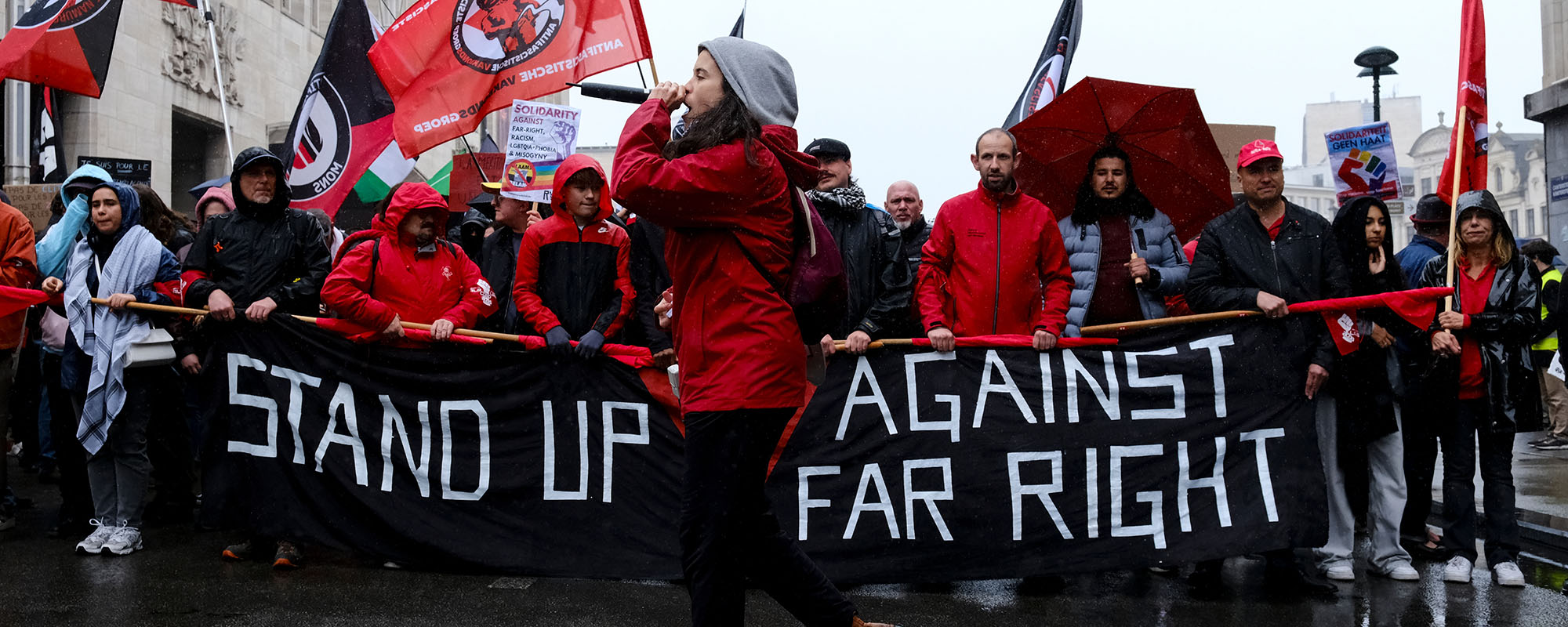
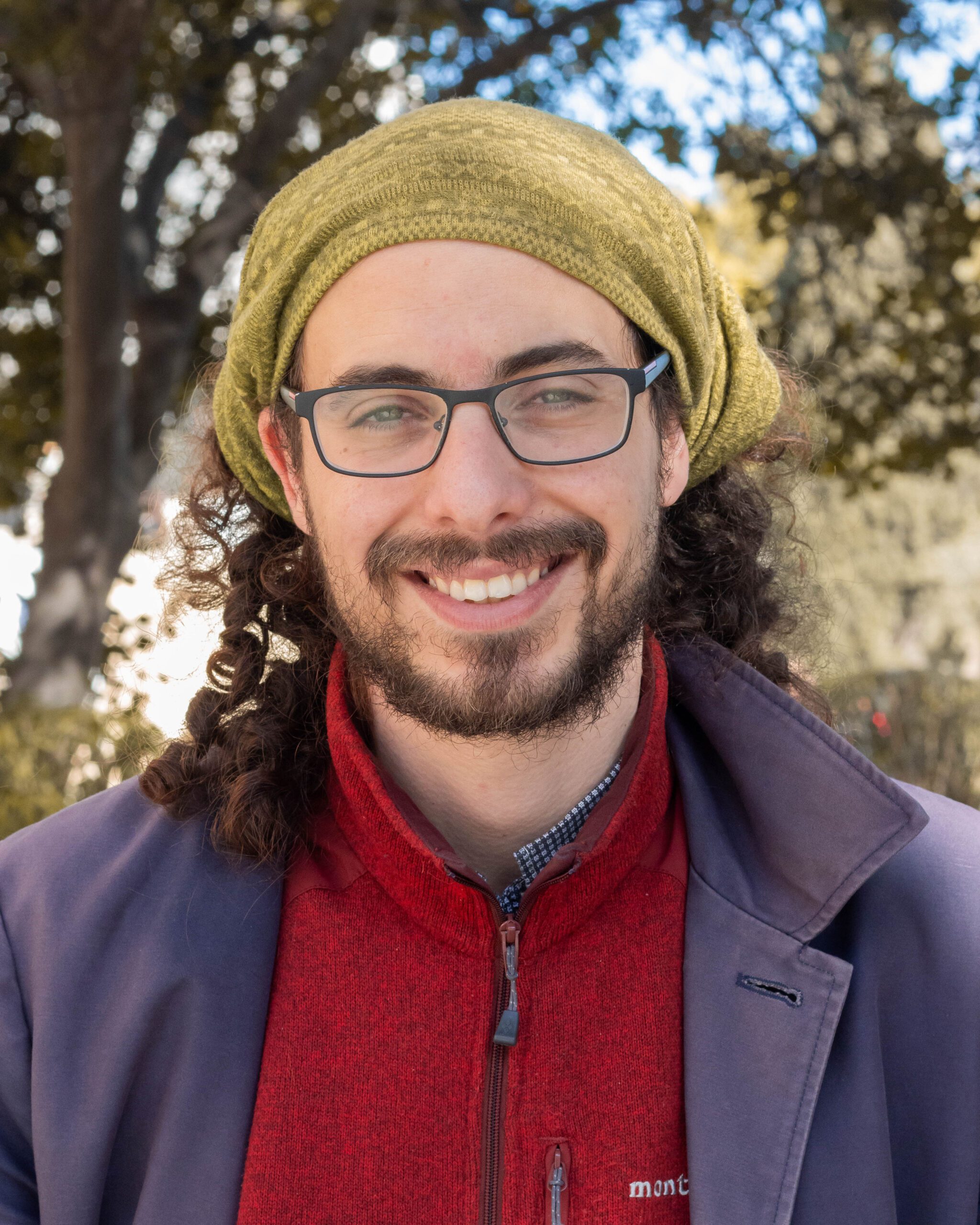



Comments are closed for this article!